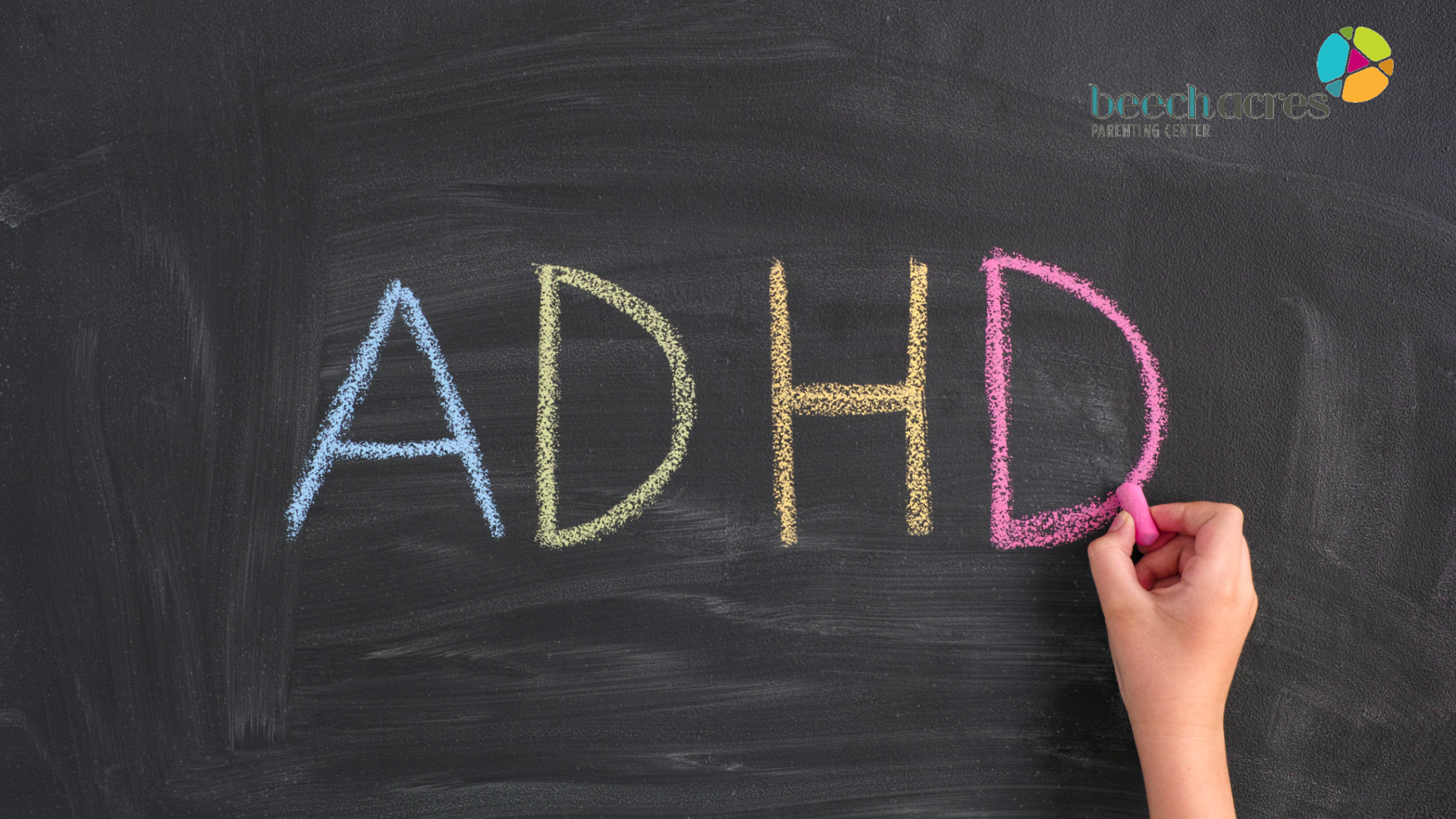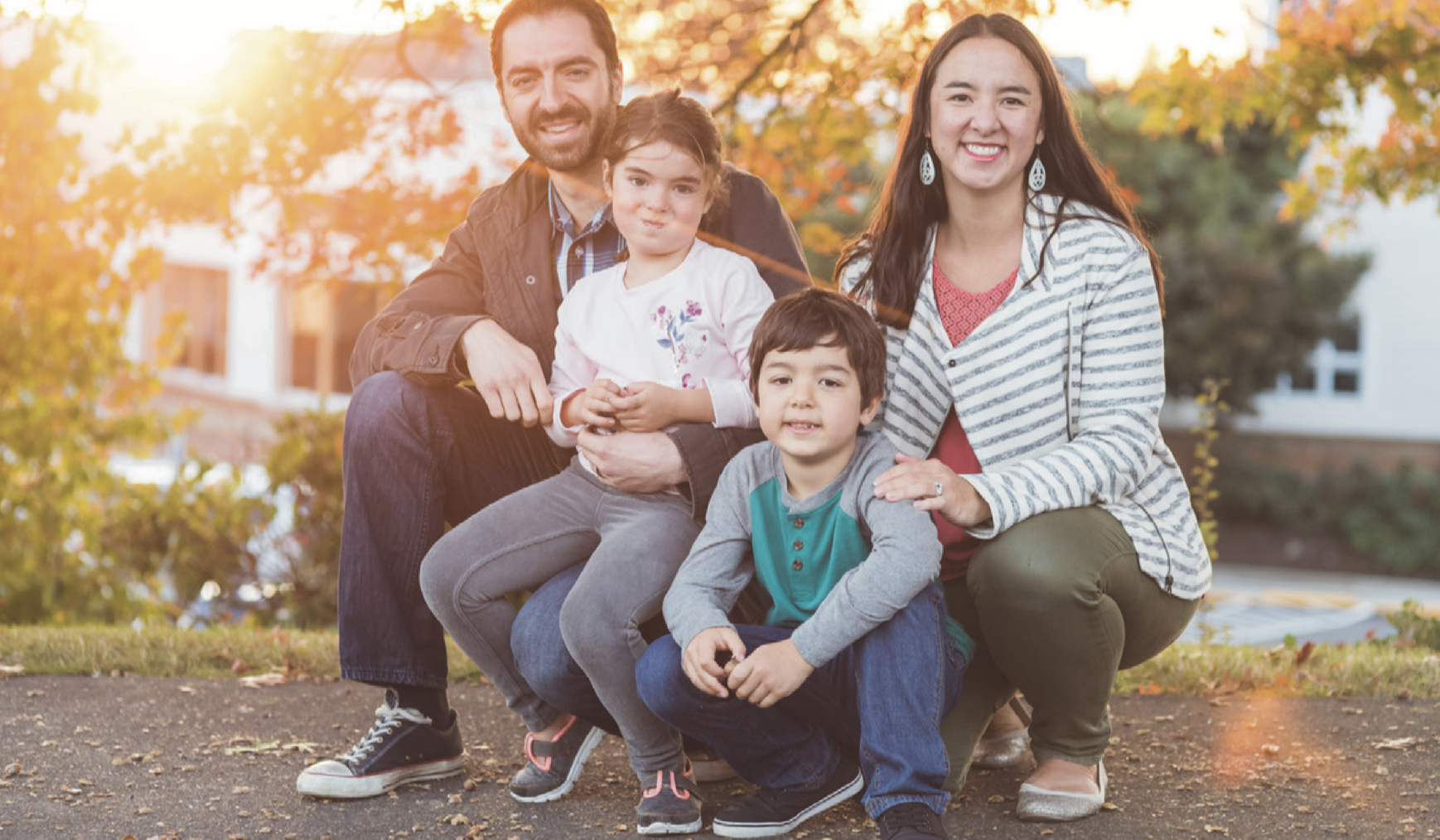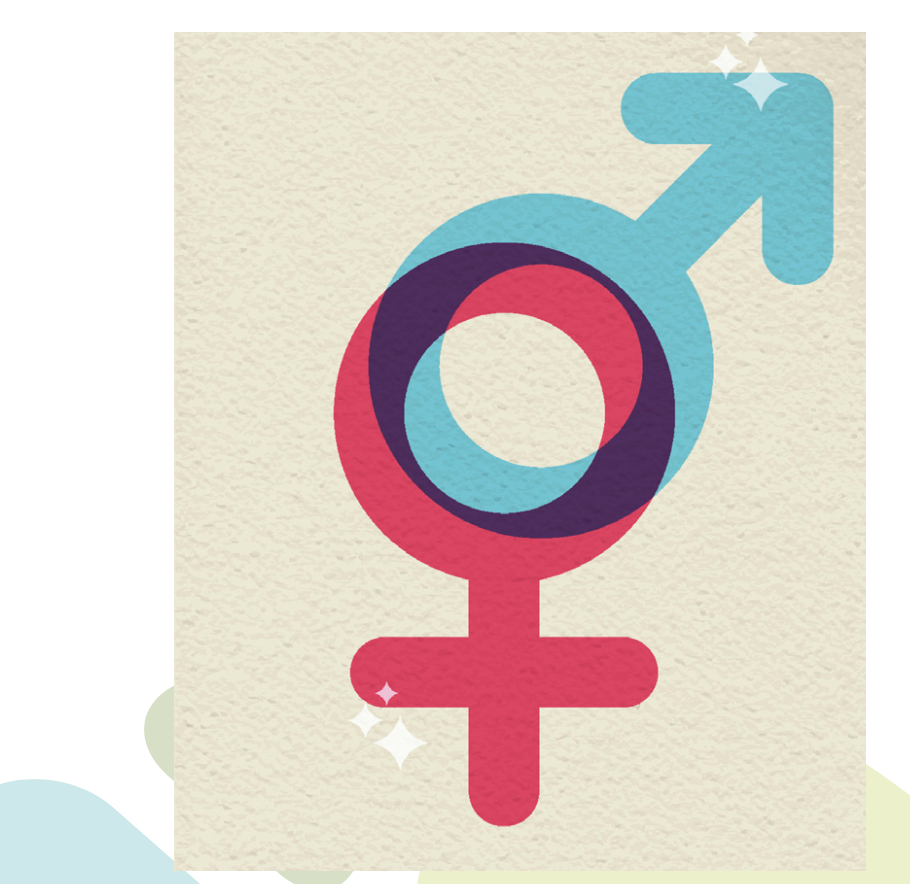ADHD Alternatives To Medication

ADHD Alternatives To Medication
Guest Blogger: LaKeisha Jones MSW, LSW
So, your child has recently been diagnosed with Attention Deficient/Hyperactivity Disorder (ADHD). What does this mean? Many parents/guardians believe that medication to treat ADHD is the first and possibly the only option they know of. Stories are shared between family and friends, and talk in playgroups about the possible side-effects of some ADHD medications. These stories can sometimes give parents/guardians anxiety about what course of treatment is best for their child. However, after learning of your child’s ADHD diagnosis, there are alternative options that can assist in managing common symptoms such as hyperactivity, lack of organizational skills, forgetting, and difficulty paying attention. Behavior therapy, exercise/mindfulness, and diet changes can increase the ability to manage symptoms. *Please note: These interventions can also be used in addition to the use of medication treatment options.
Behavior Therapy
Behavior therapy, most commonly, is working with a counselor or mental health professional to identify and develop strategies or interventions to replace the most concerning negative behaviors with positive behaviors. An example: Taking breaks during tasks and homework to increase productivity; instead of allowing frustration to increase, that creates larger behaviors. Setting daily routines can help keep your child on track. Routines can be simple and easy to follow. Using a reward system to increase positive behaviors and consequences to deter negative behaviors is also beneficial in managing ADHD symptoms. Within behavior therapy, there is also parent education. As the old saying goes, “kids do not come with instructions”. The more a parent can learn about their child’s diagnosis and understand symptoms, they will be able to cope better and manage their feelings about treatment.
Exercise and Mindfulness
Exercising and Mindfulness can increase the ability to manage symptoms by using movement to increase feel-good hormones and practicing calming techniques to increase focus and attention. Exercising for as long as 20-30 minutes can be enough to boost hormones to levels that regulate mood and energy levels. Mindfulness or yoga also helps with decreasing distractedness that can occur throughout the day. Practicing deep breathing increases attention and focus for some. There are a variety of mindfulness apps providing guided meditation, relaxing music, and other sorts of activities to help your child and/or family begin a journey of mindfulness. Encouraging movement breaks and stretching at various points throughout the day can assist in getting your child back on track.
Diet
Diet changes can also aid in decreasing some ADHD symptoms. Decreasing or cutting out intake of refined sugars, high-fructose corn syrup, food with dyes, highly processed foods, and foods high in preservatives. Eating more whole foods, such as fruit with natural sugars and a variety of vegetables, increases overall health, even if only small changes in symptoms are seen. Food allergies and/or sensitivity can cause discomfort in the bodies of children that can cause them not to feel good, which can increase behaviors and worsen symptoms. For more detailed information on alternative diets or diet elimination, please consult with your child’s doctor or nutritionist before beginning any dietary changes.
Behavior therapy, exercising and mindfulness, and diet changes are a few alternatives to many options to treat ADHD symptoms in children. Each symptom is different in each child, so trying various treatment options is suggested to find the best fit for your child and your family.
A combination of interventions, even, is found to decrease or make symptoms manageable. Joining an ADHD awareness community and/or social media groups in your area can provide ongoing support in managing your child’s diagnosis or concerns you may have that can be answered by other parents/guardians that have been managing symptoms for longer. Also, as you learn more about your child’s diagnosis, educating those around you can help debunk common myths regarding ADHD.




